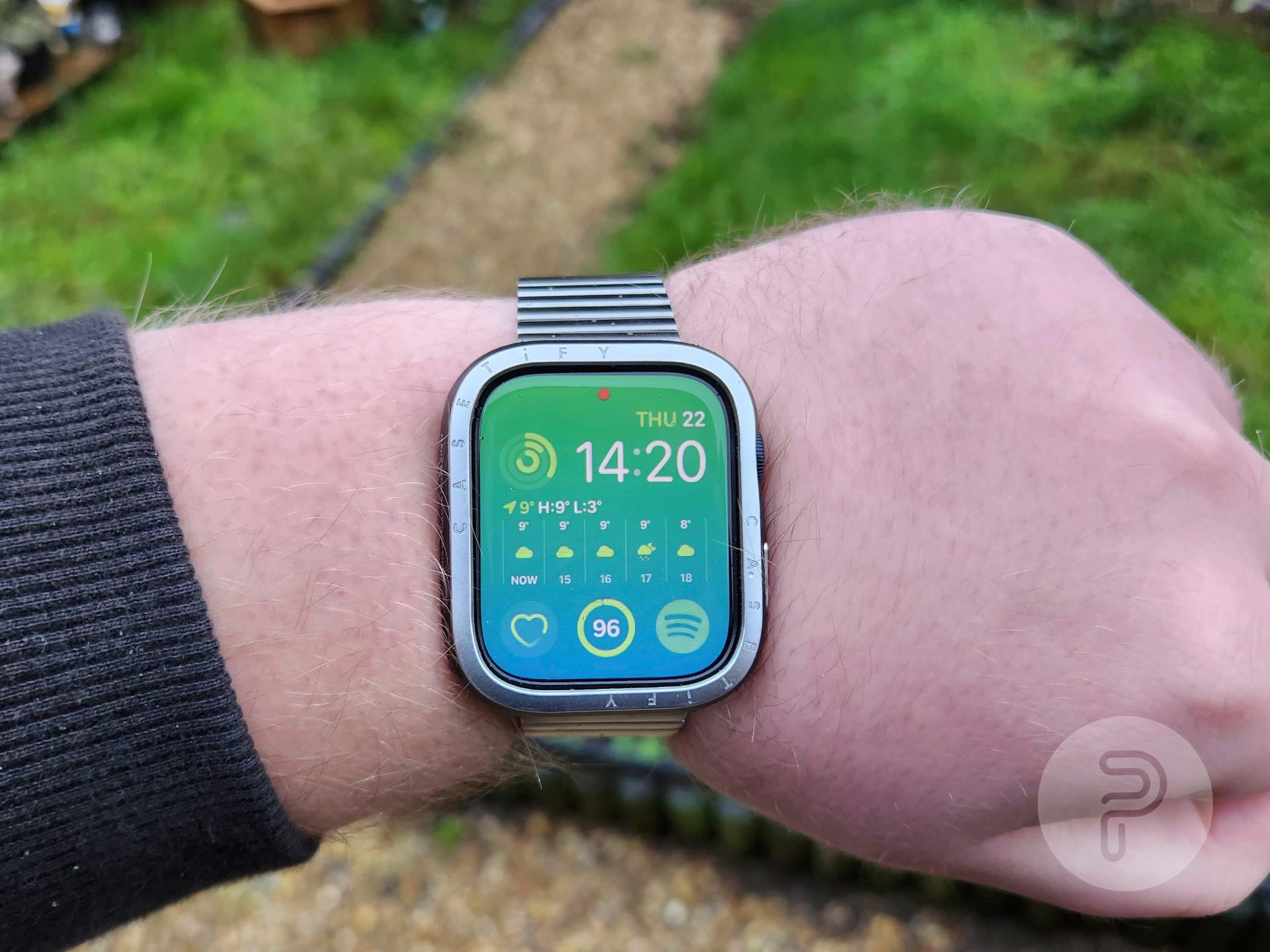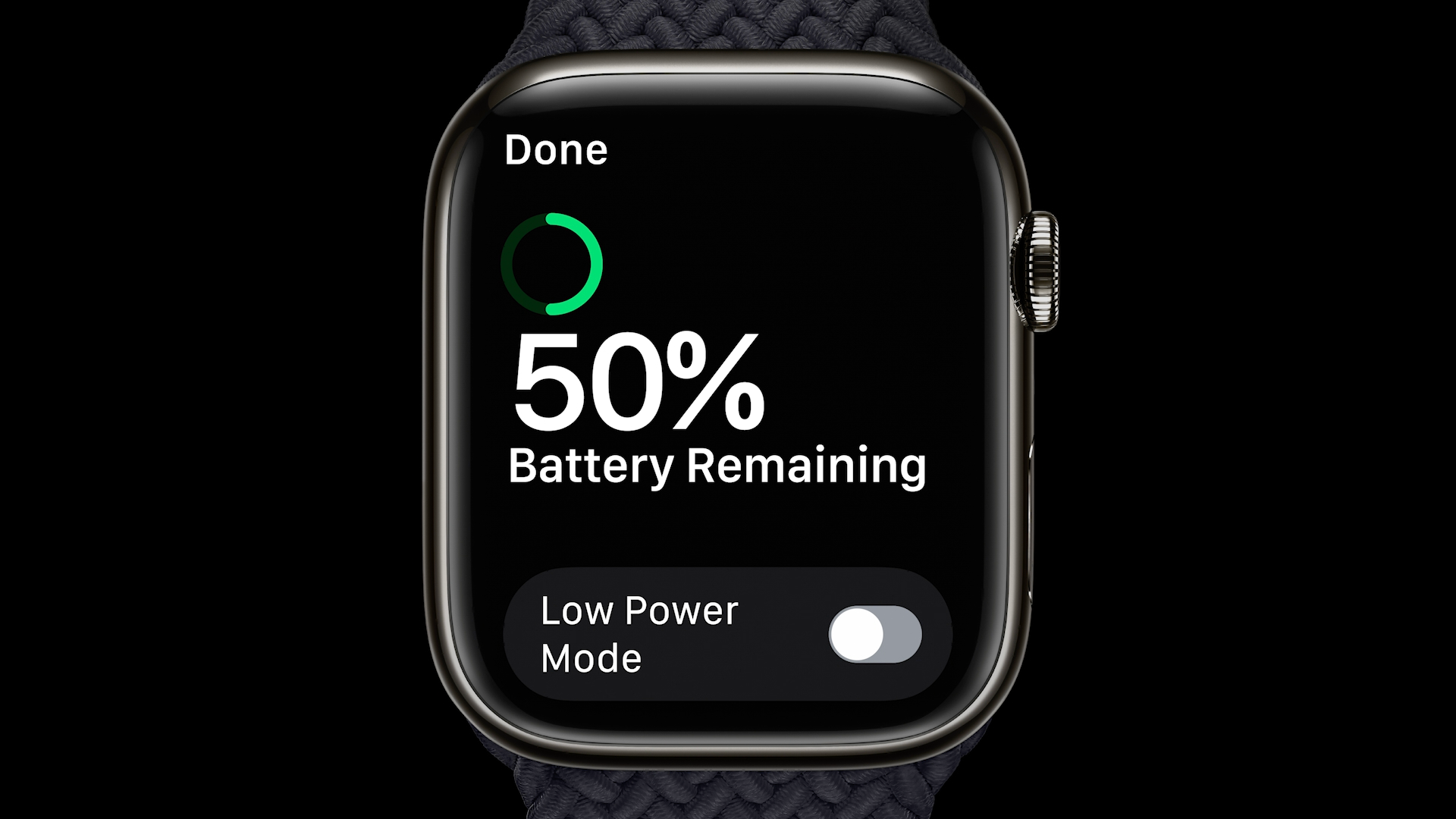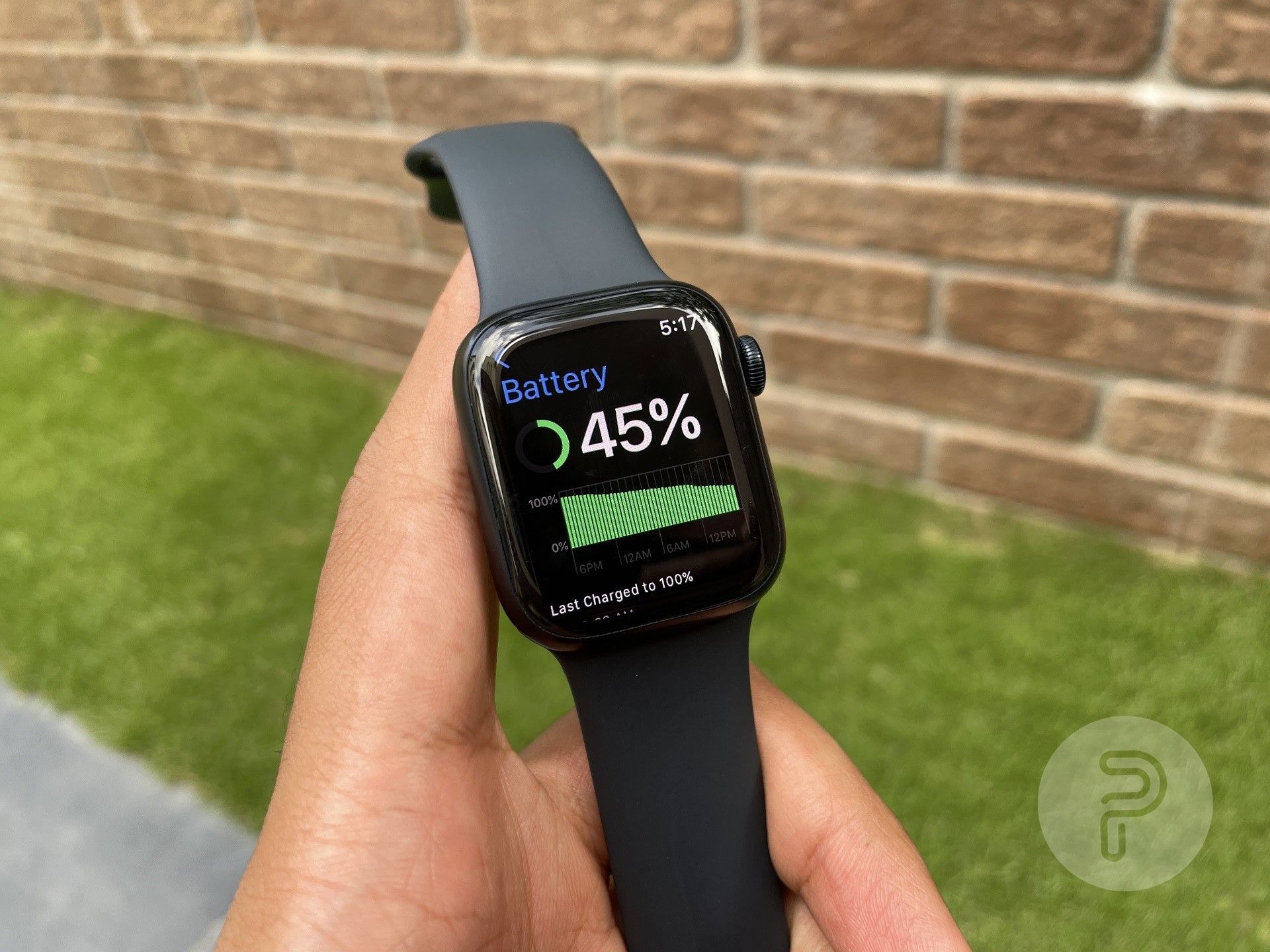
The Apple Watch is an excellent accessory that has become a mainstay in many people’s lives. It helps you stay on top of the notifications coming to your iPhone — even when you’re a little away — and keep track of your fitness goals via its built-in features and installable apps.
But this set of features makes the Apple Watch’s internal hardware pretty taxing on its battery, which means the wearable often lasts only 18 to 30 hours before needing a charge.
If your Apple Watch is more than a year old, you may have noticed that it doesn’t last as long as it did when you first started using it. If you’re struggling with this, recent updates have introduced features for certain models that should help your Apple Watch last for more than a few extra hours.
Here, we look at how to improve battery endurance on the Apple Watch.
1. Disable Always On (Apple Watch Series 5 and later)
The launch of the Apple Watch Series 5 in September 2019 brought one of the first significant upgrades to the Apple Watch’s display since its launch; This was the inclusion of devices that support always-on functionality. For those unaware, this allows Apple Watch Series 5 and later (including the Apple Watch Ultra but excluding Apple Watch SE models) to display the watch face or values from active apps.
While enabling it will help you track the time or quickly look at metrics while working out, disabling it will help reduce strain on the battery. To do that, follow the steps listed below after opening a file Watch the app on an iPhone or settings On your Apple Watch:
- Please scroll down to screen brightness subsection and click on it.
- Then tap on the Always On section.
- On this screen, disable Always On.
If you choose to leave Always On active but would prefer your watch not display the content of notifications or complications, you can also customize these settings in the Always On menu mentioned above.
2. Use low power mode on hectic days
When watchOS 9 launched in 2022, it brought to the Apple Watch a much-requested feature — Low Power Mode. Prior to this, the Apple Watch had a “naked” battery saving mode called Power Reserve. This will disable almost every feature while leaving only parts of the screen active, showing the time.
Low Power Mode brought a huge improvement. It leaves all of the smart features on the Apple Watch intact, only reducing processing speed in some cases and reducing background activity otherwise.
The 41mm Series 7 saw its endurance increase by 16 hours with Low Power Mode activated, extending to 40 hours of use instead of the usual 24 hours.
To use Low Power Mode on your Apple Watch, follow these steps:
- Access controls center By swiping up from the bottom edge of your Apple Watch screen.
- Click on battery percent button.
- Now, switch Low power mode.
You can also configure Low Power Mode to enable when you’re working out, where the feature doesn’t affect activity tracking. Enabling it will have a positive effect as it reduces the impact of background activities and Always On display items on the battery.
3. Manage apps with active background app refresh
The next step is to manage which app can stay active and refresh data in the background, something made possible by a feature dubbed Background App Refresh. Like on your iPhone, not every app on your Apple Watch needs to fetch data or update constantly; Hence we recommend disabling this feature for most applications.
To do this, head over to the Watch app on your iPhone and follow the steps listed below:
- tap on general.
- Scroll down and tap background program refreshes.
- On this screen, choose which apps will always be allowed to update data by disabling the toggle on the rest.
4. Turn off certain push notifications
Now, although notification delivery is the primary function of the Apple Watch, only some apps send alerts that require immediate attention. Thus, if you feel that some apps from your phone are not sending essential information, you must disable their notifications from reaching your Apple Watch. To configure this, follow the steps listed below:
- tap on notices at the top of the Apple Watch settings on your iPhone.
- Scroll down to find the list of apps below Mirror iPhone alerts from.
- Now, please tap the toggle next to the app to disable notifications from reaching your Apple Watch.
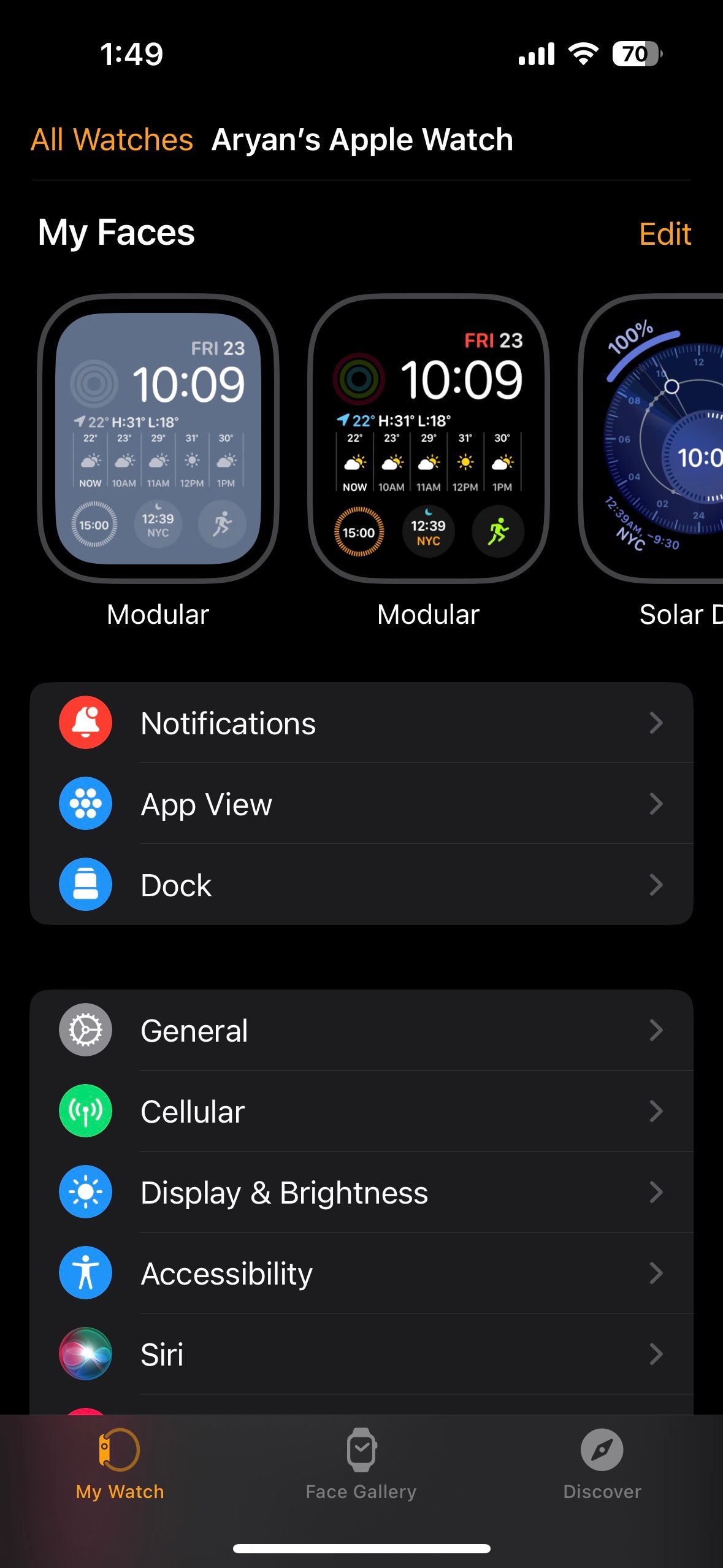
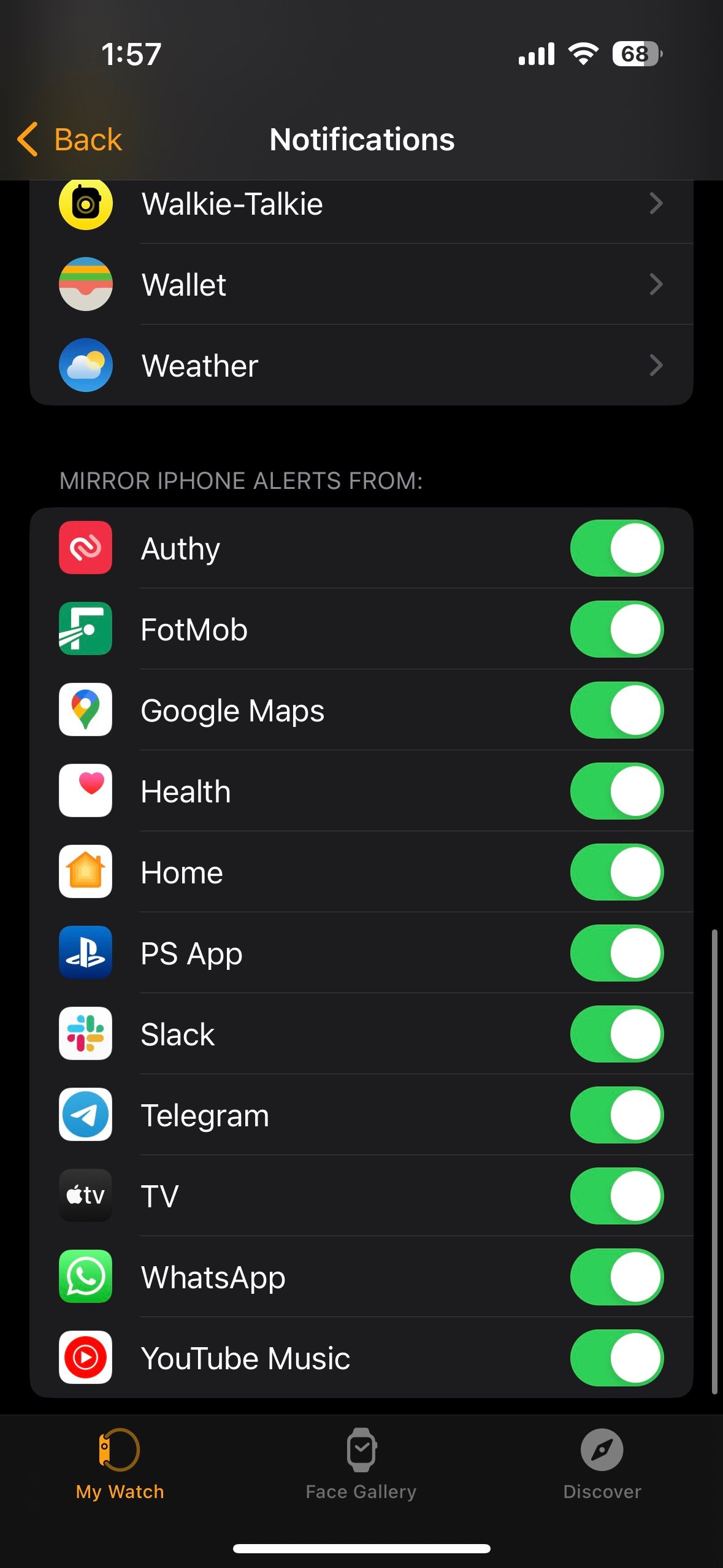
Other changes to make to improve battery endurance on your Apple Watch
A few other things we recommend looking into are reducing haptic feedback on your Apple Watch and keeping Bluetooth active on your iPhone.
The former is bound to help increase battery life as it will reduce the number of times the engine is active. For the latter, when the Apple Watch connects to the iPhone via Bluetooth, it consumes less battery. Wi-Fi-based connectivity — which occurs when Bluetooth isn’t working — will cause your Apple Watch to use a lot more power than is necessary.
Improve the endurance of your Apple Watch with a few simple steps
Most of these recommendations will affect nearly all Apple Watch models. So whether it’s the Apple Watch Ultra or the old Apple Watch Series 4, if you apply the recommended settings above, you’ll likely see an improvement in battery endurance on your Apple Watch. Try them out, and tell us how it works with a comment below!
-
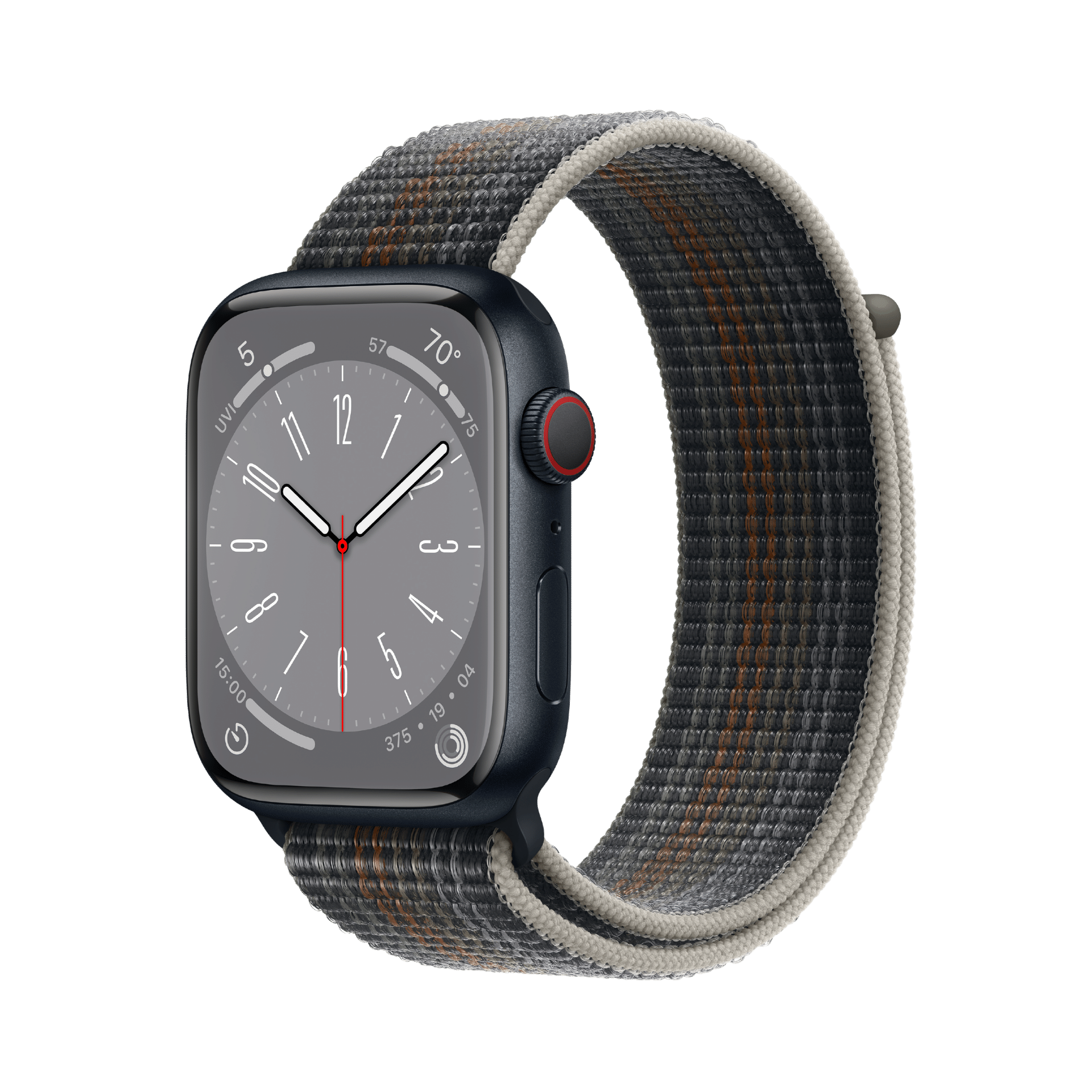
Apple Watch Series 8
$359 $429 Save $70
The Apple Watch Series 8 takes the crown from the Series 7, becoming the best wearable to buy that tracks your fitness levels and notifications. It promises all-day battery life and a new body temperature sensor for improved metric accuracy.
-
.png)
Apple Watch SE2
$219 $249 Save $30
The affordable Apple Watch SE (2nd generation) looks just like its predecessor; It features enhanced fitness tracking and is powered by the latest and most powerful Apple S8 chip. It is available in three colors and supports the same bands as the last generation.
-
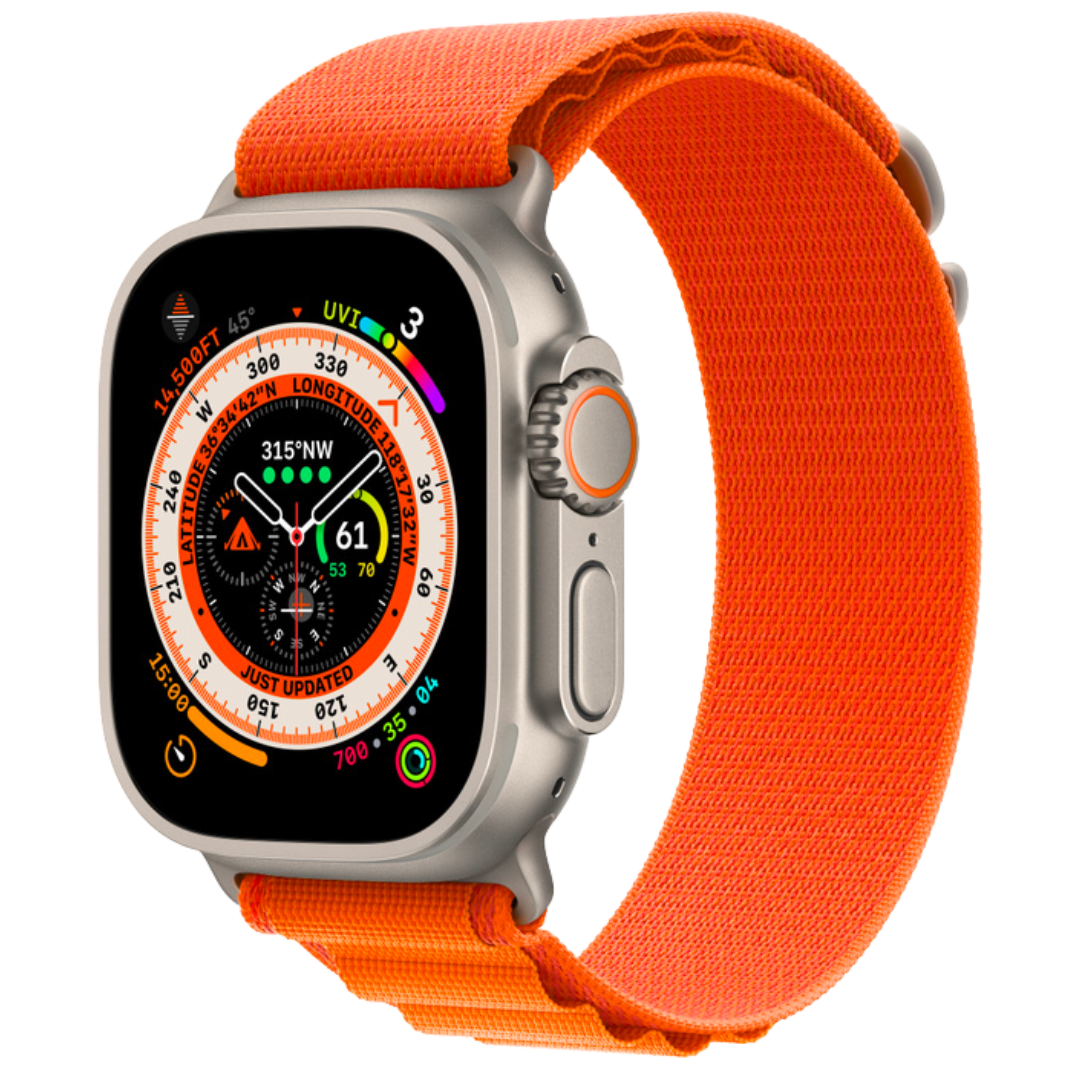
Apple Watch Ultra
The latest entry in the Apple Watch lineup is the Apple Watch Ultra. It comes with body temperature sensors, LTE, GPS, a new large 49mm size, a more durable design, and the longest battery life in an Apple Watch to date.

